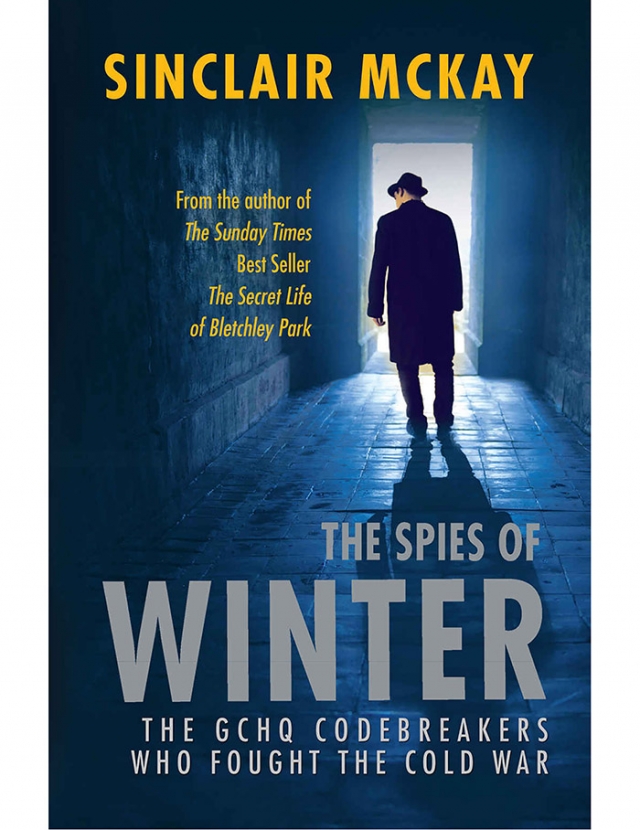The Spies of Winter
Book review

The GCHQ Codebreakers who fought the Cold War
The Spies of Winter: the GCHQ Codebreakers who fought the Cold War, Sinclair McKay, Aurum Press, 2017, 346p, £9-99. ISBN 978-1-78131-298-8.
For anyone interested in the wartime exploits and achievements of the code-breakers at Bletchley Park, this will be a compelling sequel. What Sinclair McKay offers is an exploration of exactly what happened directly after the war in Europe had ended.
It became immediately apparent to the British Government that the encryption, code-breaking and listening services which had been utilised by Britain and her allies would be needed to counter a new threat to the stability of the democratic world. While Russia had been our ally and partner in the Second World War, it was self-evident that its activities, often very subtle and involving infiltration rather than military action, had become the pre-eminent threat.
What McKay describes is an almost haphazard process whereby, with the near abandonment of Bletchley Park, various facilities, including a base at Eastcote in Middlesex on the outer section of the Piccadilly Line, managed by a variety of agencies were gradually brought together to form the GCHQ with which we are familiar.
Sinclair McKay uses the circumstances of the 1954 Hastings International Chess Congress to provide the backcloth to this very detailed and helpful analysis. At this event Hugh Alexander, who was a very prominent figure in the world of code-breaking, defeated two Russian chess grandmasters. At an event where Russian spies will have been at the heart of their delegation, there was a supreme irony in that they had been beaten in a very public way by one of the foremost intellects working in Britain’s secret operations, emphasising that while our Imperial role had evaporated, our intellectual capacity was still unimpaired.
Trevor James

